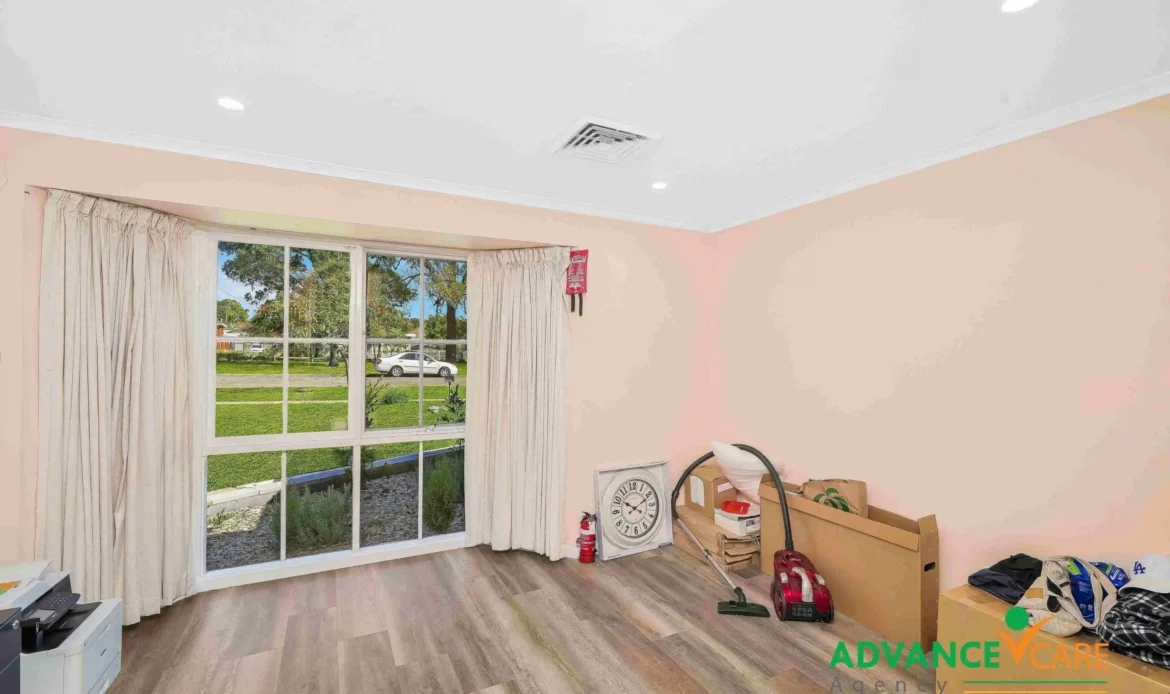Short-term Accommodation (STA), including respite, is NDIS funding that pays for both support and accommodation when you need to stay somewhere other than your usual home for a short period. It covers your care, meals and activities for up to 14 days at a time and is usually approved for a total of 28 days per year.
1. What Does STA Funding Cover?
1. Accessible accommodation (private or shared)
2. Personal care & 24/7 support staff
3. Meals & daily living essentials
4. Skill-building or community-access activities
5. Group or solo stays at standard NDIS daily rates (see current Pricing Arrangements)
2. Why the NDIA Funds STA
Reason: How STA Helps:
Respite for informal carers: Provides families with a planned break to recharge, enabling them to continue caring in the long term.
Skill-building & independence: A safe place to practice cooking, budgeting or staying overnight away from home.
Trying new living options: Test drive life with peers or in a different setting before committing to a shared living arrangement (SIL) or independent living option (ILO).
Maintaining current home set-up: Short breaks can prevent placement breakdowns and avoid costly crisis supports.
Important: STA is not a holiday or emergency housing solution – the need must relate directly to your disability goals.
3. Funding Rules & Flexibility
1. Annual cap: Typically 28 days (the NDIA may approve more in exceptional cases).
2. How you can use it: Any combination that fits your life: four 7-day blocks, one weekend per month, or a 10-day stay plus single overnights.
3. Standard daily rate: Bundled price for accommodation, care and food (check the latest NDIS Price Limits).
4. Group pricing: If you share with others, costs are apportioned, allowing your funding to stretch further.
4. NDIA Decision Checklist
The NDIA will ask:
1. Is the stay linked to your disability goals?
2. Will it offer a respite effect that keeps informal support sustainable?
3. Is it value for money compared with other supports?
4. Have you explored mainstream or community options first?
If the answer is “yes” across the board, STA is likely to meet the reasonable and necessary test.
5. How to Get STA in Your Plan
1. Add a clear goal, such as “I want regular short breaks to build independence and give my parents respite.”
2. Gather evidence (OT report, carer statement, previous respite outcomes).
3. Contact your Support Coordinator, LAC, or Planner and request STA funding, specifying the number of days and preferred pattern (e.g., 24 days per year in 3-day blocks).
4. Choose a provider. That’s where we come in!
6. Why Choose Advance Care Agency for STA
1. Registered NDIS STA provider with accessible homes across NSW and QLD.
2. Person-centred respite programs: cooking classes, art sessions, community outings.
3. Qualified 24/7 staff (Cert III+, NDIS Worker Screening, nursing oversight).
4. Culturally matched support, we pair you with workers who understand your language and interests.
5. Seamless plan management: We handle service bookings and billing, so your funding goes further.
7. Real-Life Scenarios
1. Weekend Recharge: Sarah books one STA weekend a month so her mum can rest and she practices independent living skills.
2. Post-Surgery Recovery: Liam uses a 10-day STA block with nursing support after a hospital stay before returning home.
3. Peer Skill Camp: Three friends share a two-week STA placement to prepare for moving into their own SIL house later in the year.
Ready for a Short Break That Builds Long-Term Independence?
Visit Advance Care Agency to book your personalised Short Term Accommodation plan today. With Advance Care Agency, respite is more than a break. It’s a step toward greater freedom and stronger support networks.


